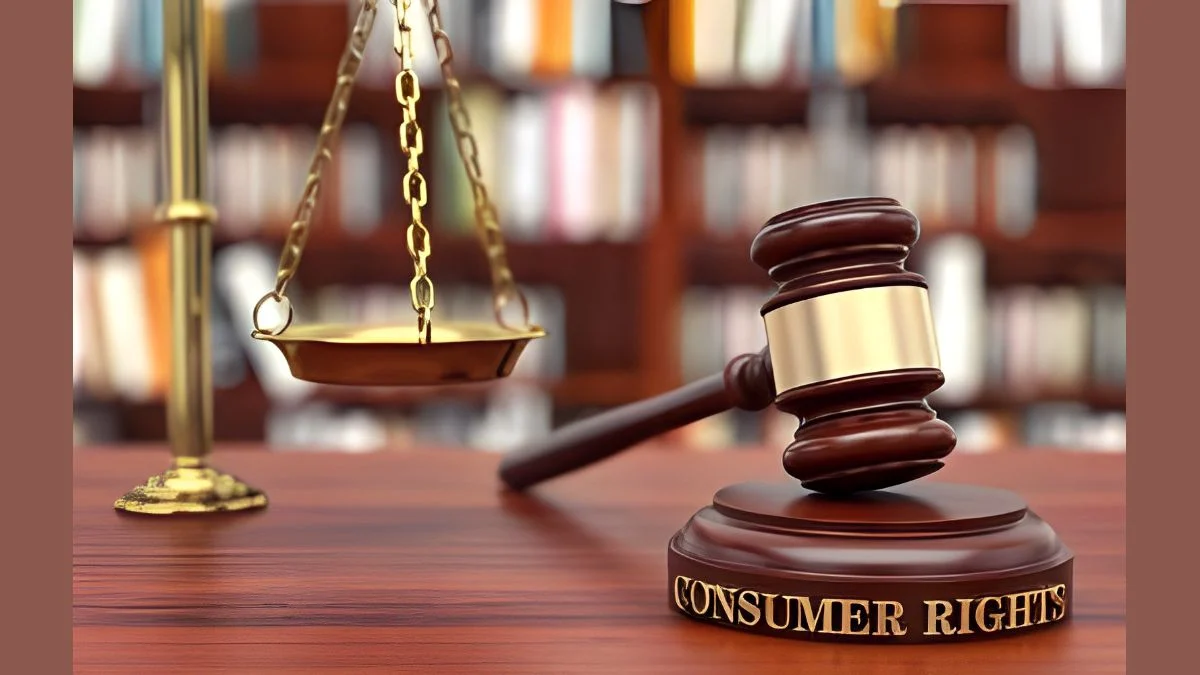
The Federal Trade Commission (FTC) plays a critical role in maintaining a fair, transparent, and competitive marketplace in the United States. Established in 1914, the FTC serves as the nation’s premier consumer protection agency, enforcing laws that prevent deceptive, unfair, and anti-competitive business practices.
What Is the FTC?The FTC is an independent agency of the U.S. federal government. It was created through the Federal Trade Commission Act to prevent business practices that are anticompetitive or deceptive.
It is governed by a bipartisan commission composed of five members appointed by the President and confirmed by the Senate. These commissioners oversee the agency’s policies and enforcement decisions.
The FTC’s primary mission is twofold: to protect consumers and to promote competition.
Key Functions of the FTCThe FTC’s consumer protection mission covers a wide range of activities, including:
Preventing Deceptive Advertising: The FTC monitors ads across various media—TV, radio, print, online—to ensure they are truthful and not misleading. Whether it's a misleading weight-loss claim or a hidden fee in a loan offer, the FTC steps in to correct it.
Protecting Consumer Privacy: With growing concerns over data privacy, the FTC enforces laws that ensure companies are transparent about how they collect, use, and protect personal data. It has taken action against companies that failed to safeguard user information or violated privacy policies.
Fighting Fraud and Scams: The FTC actively investigates and shuts down fraudulent schemes, including phishing scams, identity theft operations, pyramid schemes, and more. It also educates the public on how to recognize and avoid scams.
Enforcing Labeling and Packaging Standards: The FTC ensures that consumers are not misled by false labeling, especially on food, health products, and environmental claims.
Monitoring Online Commerce: As e-commerce grows, the FTC continues to adapt its enforcement to tackle online-specific issues like fake reviews, undisclosed endorsements, and misleading digital ads.
In addition to consumer protection, the FTC enforces antitrust laws that promote market competition. This includes preventing mergers or practices that reduce competition or create monopolies.
The agency reviews proposed business mergers and acquisitions to assess their impact on competition. If a deal threatens to stifle consumer choice or lead to higher prices, the FTC may block it or require modifications.
Through litigation and negotiation, the FTC works to ensure consumers benefit from lower prices, more choices, and innovation.

The FTC offers a variety of resources for consumers and businesses, including:
Consumer.gov: A website dedicated to helping consumers understand their rights and avoid fraud.
IdentityTheft.gov: A tool that helps individuals recover from identity theft and file reports.
Do Not Call Registry: A service allowing consumers to opt out of telemarketing calls.
Business Guidance: Resources that help businesses comply with advertising laws, data privacy rules, and more.
Public Alerts: Regular updates on the latest scams, frauds, and enforcement actions.
How the FTC Investigates and EnforcesThe FTC conducts investigations based on complaints from consumers, businesses, and other stakeholders. It may also act on its own when it spots troubling trends.
Once an investigation is launched, the FTC can issue subpoenas, demand records, and require testimony. If it finds violations, it may seek fines, injunctions, or settlements.
In severe cases, the FTC may refer matters to the Department of Justice for criminal prosecution.
Why the FTC Matters to ConsumersThe FTC acts as a watchdog for consumer rights, working behind the scenes to ensure fair play. Its efforts lead to safer products, honest advertising, and increased trust in the marketplace.
Whether you’re shopping online, reviewing product claims, or signing up for a service, the FTC helps ensure you’re not being taken advantage of.
By holding businesses accountable and giving consumers tools to protect themselves, the FTC helps level the playing field in a fast-paced economy.
ConclusionThe Federal Trade Commission is a vital defender of consumer rights and market integrity. Its work spans industries and evolves with changing technologies to protect the public from fraud, deception, and monopolistic practices. Understanding the role of the FTC empowers you as a consumer to recognize your rights and take action when needed. In a world of rapid innovation and information, the FTC stands as a steady guardian of fairness, transparency, and consumer trust.
Subscribe to our newsletter and never miss an update.
Get the latest posts delivered straight to your inbox.

Senior Contributor
Ravi Raj is passionate about impactful storytelling. With a unique voice and deep insights, they turn everyday stories into compelling reads that resonate and inform.
Read Full Bio
By Kusum Singh
23 Dec 2025

By Ravi Raj
31 Dec 2025

By Ravi Raj
22 Dec 2025

By Kusum Singh
02 Jan 2026

By Ravi Raj
30 Dec 2025

By Kusum Singh
21 Dec 2025

By Ravi Raj
02 Jan 2026

By Ravi Raj
02 Jan 2026

By Ravi Raj
20 Dec 2025

By Ravi Raj
31 Dec 2025

By Ravi Raj
01 Jan 2026

By Kusum Singh
19 Dec 2025